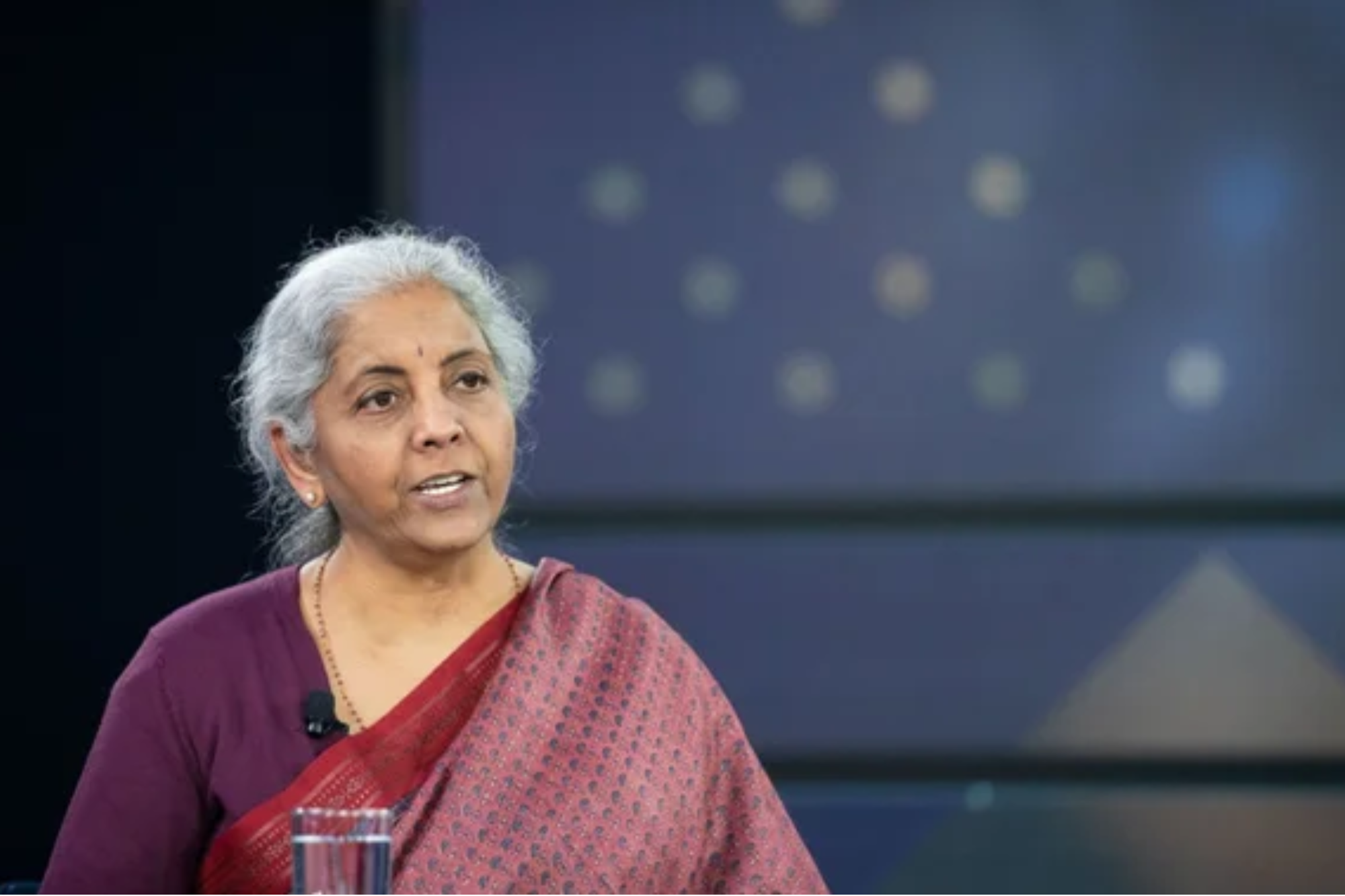India's Growth Outlook Firm Amid Global Uncertainty: Report As India continues to expand its role in the global economy, it presents an increasingly compelling case for investors seeking growth and diversification.
Opinions expressed by Entrepreneur contributors are their own.
You're reading Entrepreneur India, an international franchise of Entrepreneur Media.

India's financial markets are at a pivotal juncture, reflecting both resilience and volatility as global capital flows shift in response to changing macroeconomic conditions. According to HSBC's 2025 Global Investment Outlook, the Indian equity markets have seen increased turbulence in recent months, largely due to a reversal in foreign investment trends. While foreign investors had previously been strong participants in India's stock market, recent months have seen net selling, driven by renewed interest in China following its stimulus measures and expectations of a softer earnings season in India.
Despite this outflow, India's markets have demonstrated an impressive ability to absorb the impact, buoyed by exceptionally strong domestic inflows. As of 2024, domestic investors have injected $56 billion into the markets, far outweighing the $1.9 billion in foreign outflows. This shift has led to a structural change where domestic ownership of equities has now surpassed foreign ownership, underscoring a maturing financial ecosystem with greater self-sufficiency. The MSCI India Index has appreciated by double digits in USD terms, highlighting the underlying strength of the market despite external headwinds.
Vivek Lohia, managing director of Jupiter Wagons Limited, highlights India's transition from an emerging market to a crucial player in global investment strategies. "India's evolving market landscape can no longer be viewed solely as an emerging market; thanks to a combination of technical developments, policy-driven growth, and economic stability, India is actively influencing the structure of international investment portfolios, signaling a profound shift in global capital flows," he says. His view underscores India's proactive role in shaping global market trends, moving beyond reactive cycles to become a key hub for supply chain diversification and green industrialization.
A key driver of India's market growth has been the exceptional performance of its IT and banking sectors. Strong corporate earnings, coupled with rapid digital transformation, have positioned these industries as vital pillars of economic expansion. Small and mid-cap stocks have also gained investor attention, benefiting from structural reforms and an innovation-led growth model. However, these segments carry valuation risks, and careful investment strategies are required to navigate potential market corrections.
India's rise as the world's fourth-largest equity market is a testament to its sustained economic expansion and investor confidence. Over the last decade, the country's market capitalization has tripled to approximately $5 trillion. However, short-term volatility remains a reality, influenced by global capital flows, currency fluctuations, and geopolitical developments. Factors such as China's economic trajectory, U.S. policy changes, and relative market valuations will continue to play a role in shaping foreign investor sentiment.
Shivendra Nigam, CFO of Cantabil Retail India, believes that despite short-term market fluctuations, India's long-term economic trajectory remains intact. "The nation's rise as the fourth-largest equity market globally highlights investor confidence and structural economic strength. While short-term volatility may persist due to global capital flows and external policy shifts, India's long-term growth story remains intact," he says. With continued policy support for digital transformation, infrastructure, and manufacturing, India's economic foundation is expected to remain strong.
Beyond equities, India's broader economy continues to showcase remarkable resilience against global uncertainties. The nation's domestic demand-driven growth model, coupled with strategic government investments in infrastructure and industry, has insulated it from external shocks. Unlike many export-dependent economies, India's minimal reliance on U.S. markets shields it from trade disruptions and policy shifts in the West. Notably, India's economic and financial markets are increasingly decoupling from global trends, with the MSCI India Index showing lower correlation with major global markets such as the U.S., Europe, and Japan compared to previous years. This provides investors with a unique diversification opportunity, making India an attractive component of global investment portfolios.
Echoing these sentiments, Rajesh Aggarwal, managing director of Insecticides (India) Ltd., emphasizes the importance of India's corporate sector in sustaining economic momentum. "The tripling of market capitalization to approximately $5 trillion over the past decade reflects the collective efforts of our businesses, policymakers, and citizens. While we may face short-term volatility due to factors beyond our control, the long-term outlook remains incredibly promising," he says. Aggarwal also points to India's robust monetary policies and fiscal discipline as key factors in mitigating global uncertainties.
As India continues to expand its role in the global economy, it presents an increasingly compelling case for investors seeking growth and diversification.









